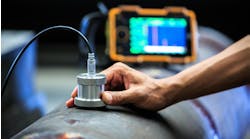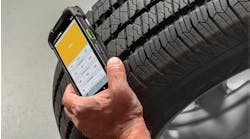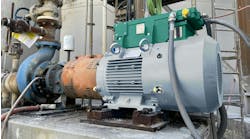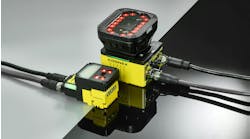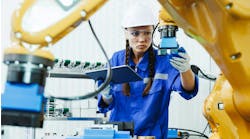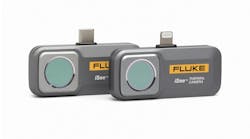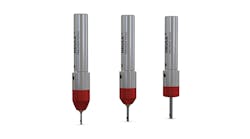Workers at Siempelkamp’s manufacturing plant in Krefeld, Germany, stand in contrast to the 36x13x9-ft, 312-ton component that will form the upper cross beam for Alcoa’s 50,000-ton press. It’s one of 14 new components fabricated for the rebuild of the 55-year-old machine (seen in here in illustration), which have been delivered to Alcoa’s Cleveland Works. Once complete, the contractor reports, it will be “the most modern and productive forging press of its class.”
Siempelkamp Maschinen- und Anlagenbau GmbH recently broke its own record for the heaviest ductile iron casting ever produced. The 312-ton component is the upper cross beam for a closed-die forging press that Siempelkamp is rehabbing for Alcoa’s Cleveland Works.
The previous record for the heaviest ductile iron casting was a 298-ton component that Siempelkamp cast in 2009. The company designs and builds forming presses for various processes (pipe, rails, and hydroforming, as well as open- and closed-die forging.)
Alcoa chose Siempelkamp to rehabilitate its 50,000-ton press in 2009, and the 14 components have been cast, finish machined, and shipped to the site for the rebuild. Ten of those castings weigh between 220 and 275 tons.
Siempelkamp details that the largest part, 36 x 13 x 9 ft, was cast at its foundry in Krefeld, Germany, on July 8. Nearly 312 tons of molten iron were poured at about 1,350°C from five casting ladles in 120 seconds.
After cooling in the mold for about four weeks, the casting was lifted out of the casting pit and machined on highcapacity machines capable of handling parts with a clamping length of up to 22 m. Siempelkamp claims it is the only press manufacturer capable of producing ductile iron castings and machining them on-site.
Alcoa’s project is part of a $110-million investment program it has said will make its Cleveland Works “the world’s premier producer of large aluminum and titanium forgings for the defense, aerospace, and industrial markets.” The company is preparing to fulfill its 10-year, $360-million contract with Lockheed Martin for the F-35 Joint Strike Fighter.
The upgrade involves replacing the heavy castings on the 55-year-old press. Siempelkamp analyzed the Mesta Machine design, conducted FE) calculations and optimized the machine according to the latest technology to achieve maximum component weight. It says the results will be components capable of withstanding decades of high stress. It claims the rebuilt machine will be “the most modern and productive forging press of its class.”
